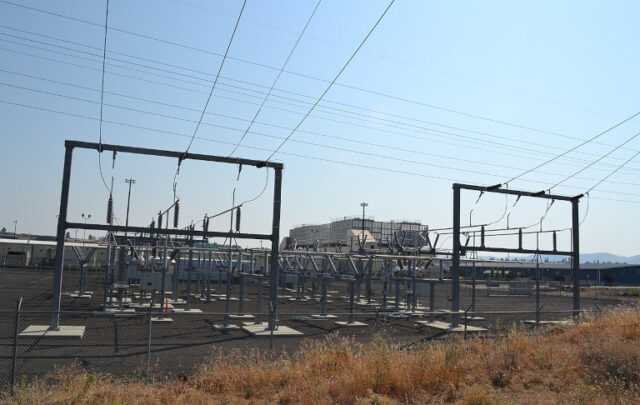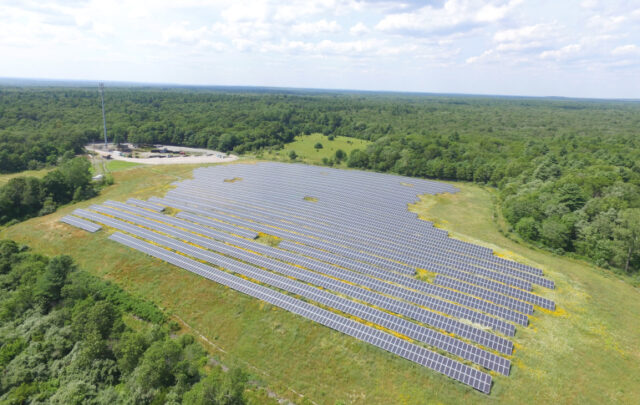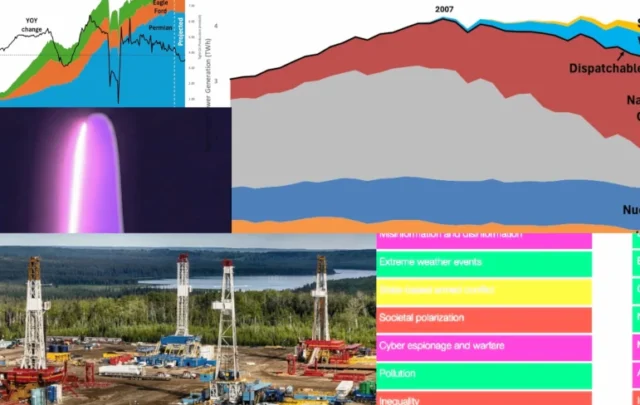Click on the headline (link) for the full text.
Methane leaks erode green credentials of natural gas
Jeff Tollefson, Nature Journal
Scientists are once again reporting alarmingly high methane emissions from an oil and gas field, underscoring questions about the environmental benefits of the boom in natural-gas production that is transforming the US energy system.
The researchers, who hold joint appointments with the National Oceanic and Atmospheric Administration (NOAA) and the University of Colorado in Boulder, first sparked concern in February 2012 with a study1 suggesting that up to 4% of the methane produced at a field near Denver was escaping into the atmosphere. If methane — a potent greenhouse gas — is leaking from fields across the country at similar rates, it could be offsetting much of the climate benefit of the ongoing shift from coal- to gas-fired plants for electricity generation.
Industry officials and some scientists contested the claim, but at an American Geophysical Union (AGU) meeting in San Francisco, California, last month, the research team reported new Colorado data that support the earlier work, as well as preliminary results from a field study in the Uinta Basin of Utah suggesting even higher rates of methane leakage — an eye-popping 9% of the total production. That figure is nearly double the cumulative loss rates estimated from industry data — which are already higher in Utah than in Colorado…
(2 January 2012)
Fracker Ad Clashes on Screen With Damon’s ‘Promised Land’
Mark Drajem, BloombergB
Before many Pennsylvania movie-goers settle in for Matt Damon’s film about the fight over natural gas drilling, they will see a message from the energy industry offering “straightforward facts” about hydraulic fracturing.
The unorthodox, on-screen pre-buttal of “Promised Land,” which opens nationwide today, is part of an industry campaign aimed at heading off criticism about the process, also called fracking. Instead of direct attacks, which the industry used against the documentary “Gasland,” they have described Damon’s movie as derivative, boring, condescending and cliched.
Taken together the industry campaigns — at Pennsylvania movie theaters, on a website and using social media –underscore efforts to combat negative perceptions about the practice, deal with persistent questions about the risks of pollution and answer calls for more oversight and regulation.
“The oil and gas industry is at the bottom in terms of public respect, and this movie is not going to help it,” John Hanger, the former top environmental regulator in Pennsylvania, said in an interview. “It describes the oil and gas industry as fundamentally dishonest, and willing to do anything to win.”
(4 January 2012)
When fracking came to suburban Texas
Suzanne Goldenberg, The Guardian
The corner of Goldenrod and Western streets, with its grid of modest homes, could be almost any suburb that went up in a hurry – except of course for the giant screeching oil rig tearing up the earth and making the pavement shudder underfoot…
"People are still not really happy when an oil well turns up in the backyard," said Wes Perry, Midland’s mayor and an oil man himself. But he added: "We are an oil town. We can’t be hypocrites."
However, Gardendale lacks the legal authority to keep fracking at a distance. The suburb, just outside Midland and Odessa, is unincorporated, so it does not have the legal authority to impose zoning restrictions. Residents voted down an attempt to incorporate last year, fearing it would lead to higher taxes…
But co-existence does not work for Shane Leverett..
The couple are suing the oil company to try to block drilling on their 130 acres on the edge of town. The land is staked with bright plastic strips marking potential oil wells…
(31 December 2012)
 Meet Anthony Ingraffea—From Industry Insider to Implacable Fracking Opponent (via Desmogblog)
Meet Anthony Ingraffea—From Industry Insider to Implacable Fracking Opponent (via Desmogblog)
By Ellen Cantarow – Originally published at EcoWatch.org Why, exactly, is high-volume slickwater hydraulic fracturing such a devastating industry? How best to describe its singularity—its vastness, its difference from other industries and its threat to the planet? When I interviewed Dr. Anthony…
























